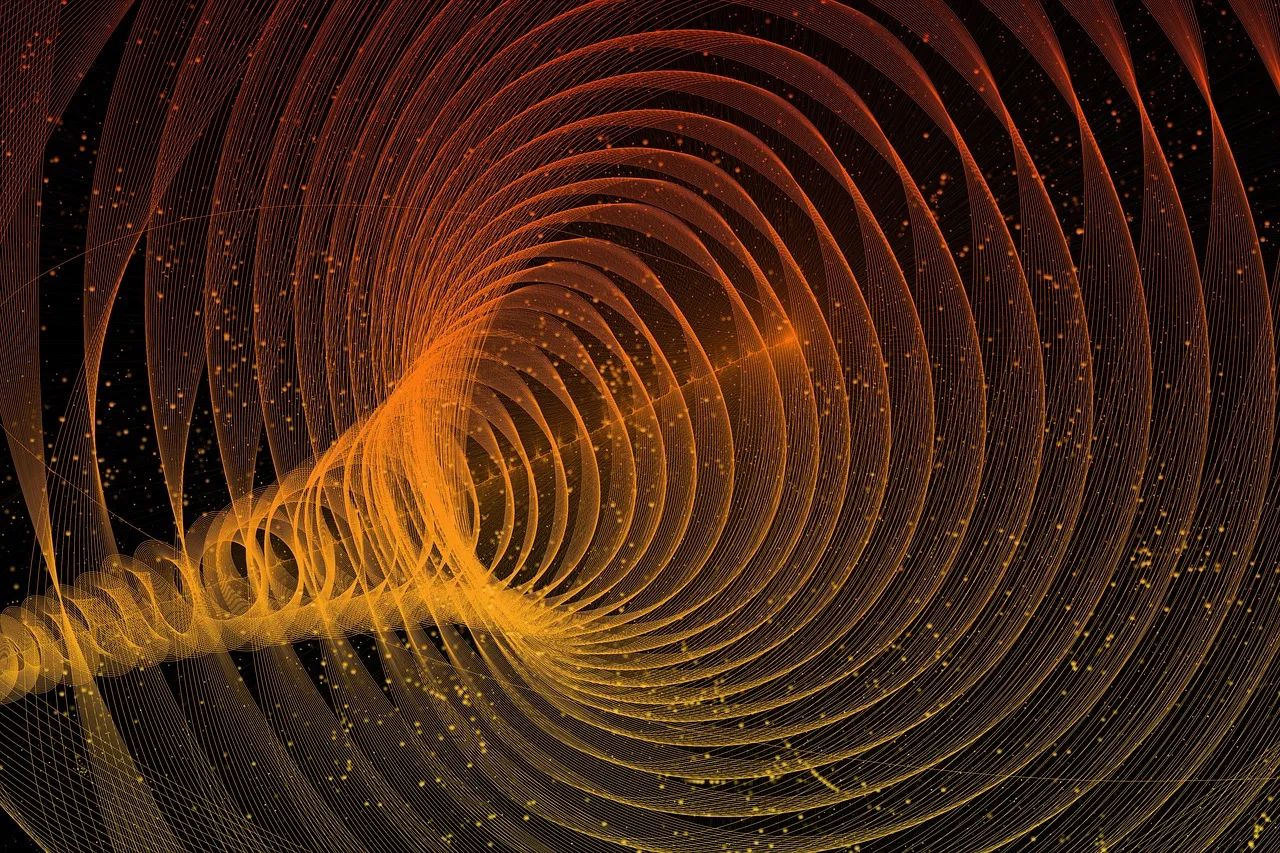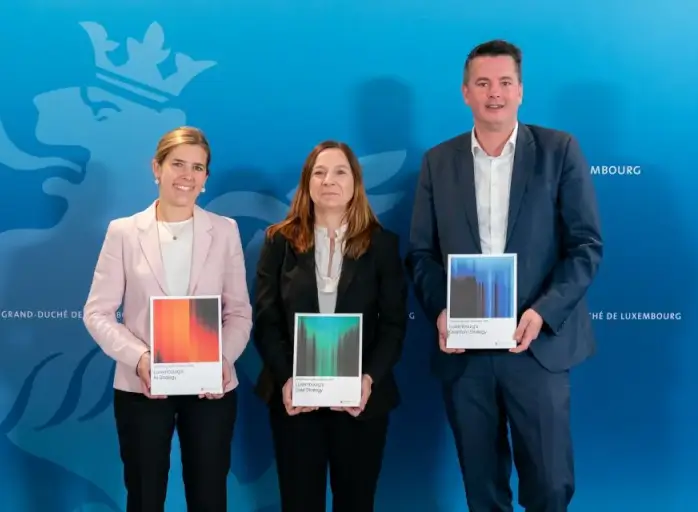

Quantum technologies
Quantum technologies are a suite of emerging tools and systems that exploit the unique principles of quantum mechanics. Unlike classical technologies, which rely on binary bits (0 or 1), quantum technologies use quantum bits or qubits that can exist in multiple states simultaneously due to phenomena like superposition and entanglement.
These technologies promise to revolutionise industries by solving complex problems that are currently beyond the reach of classical computers, enhancing security and enabling new scientific discoveries. One critical implication of this advancement is the “harvest now, decrypt later” threat, where adversaries intercept and store encrypted data today with the intent of decrypting it in the future using quantum computers.
Quantum technologies are rapidly evolving from academic research to commercialisation, backed by significant public and private investment worldwide.
With just under €13 bn (31% of global investments), Europe is the second largest investor in quantum technologies (Source: IQBN).
Quantum technologies are divided into three main technologies:
- Quantum communication is a cutting-edge field that uses the principles of quantum mechanics to securely transmit information. Unlike classical communication, which encodes data using bits (0s and 1s), quantum communication uses quantum bits (qubits), whose quantum properties (like superposition and entanglement) allow for fundamentally secure communication. The ultimate goal of quantum communication is to establish a quantum internet.
- Quantum computing is an emergent field of computer science and engineering that leverages the principles of quantum mechanics to process information in fundamentally new ways. Unlike classical computers that use bits (0 or 1), quantum computers use qubits, which can represent multiple states simultaneously, enabling them to solve certain complex problems much faster than traditional systems.
- Quantum sensing refers to the use of quantum phenomena to measure physical quantities (e.g., time, gravity, magnetic fields, acceleration) with extremely high precision and sensitivity beyond the limits of classical sensors. These technologies are being developed for applications in navigation without GPS, medical imaging, mineral exploration and environmental monitoring.


